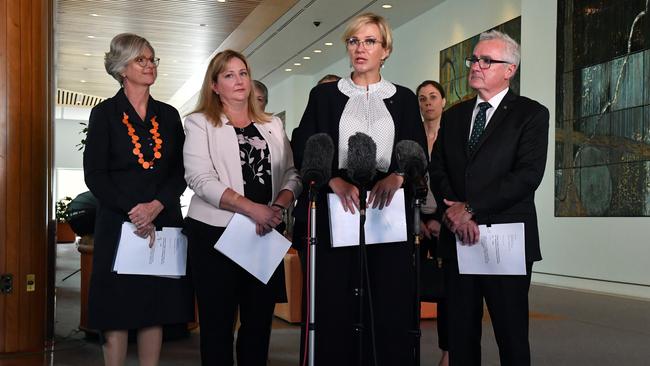
No, this is not 2022. It is 1922.
A century ago, after the Spanish influenza pandemic, the Nationalist government led by Billy Hughes lost its parliamentary majority at an election. The price for remaining in power demanded by crossbench MPs was a new prime minister. The wily Hughes, who had defected from Labor and led the nation through the tumultuous period of World War I, did not win the support of the Country Party. It demanded a new prime minister. Hughes resigned and Stanley Bruce was sworn in to lead the government in 1923.
Could this be repeated at next month’s election? A hung parliament with independents holding the balance of power is a possibility. If the Coalition secures another election miracle it is likely to be with a small majority. And if Labor wins, it is unlikely to be a landslide victory.
Independent MP for Warringah Zali Steggall said last week she would be more likely to support the Coalition remaining in power in a hung parliament if Scott Morrison were no longer prime minister. While she would consider the policy pitches of both major parties, it was “an open possibility” that she could support the Coalition if it had a new leader.
This is a big ask and a difficult one for the Liberal and National parties, but they certainly would take this offer if it meant remaining in government rather than being consigned to the opposition benches. Morrison would likely quit. It would set up a party room contest between Josh Frydenberg and Peter Dutton.
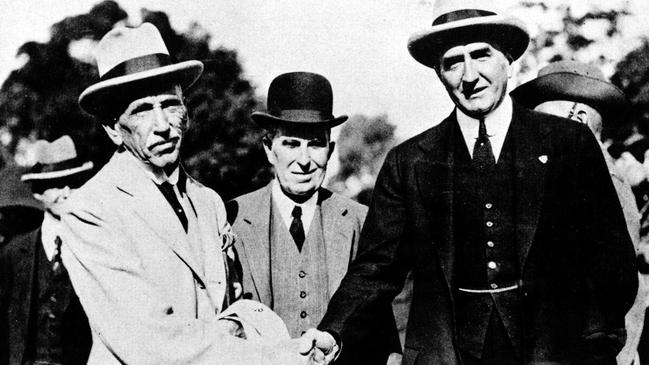
But what if the independents went a step further and ruled out Dutton? This is also a possibility given his conservatism. While Frydenberg is favoured to win a party room vote against Dutton, the Treasurer might be the only candidate acceptable to the small group of independents. While the Coalition might not like it, it would accept such a proviso in return for power.
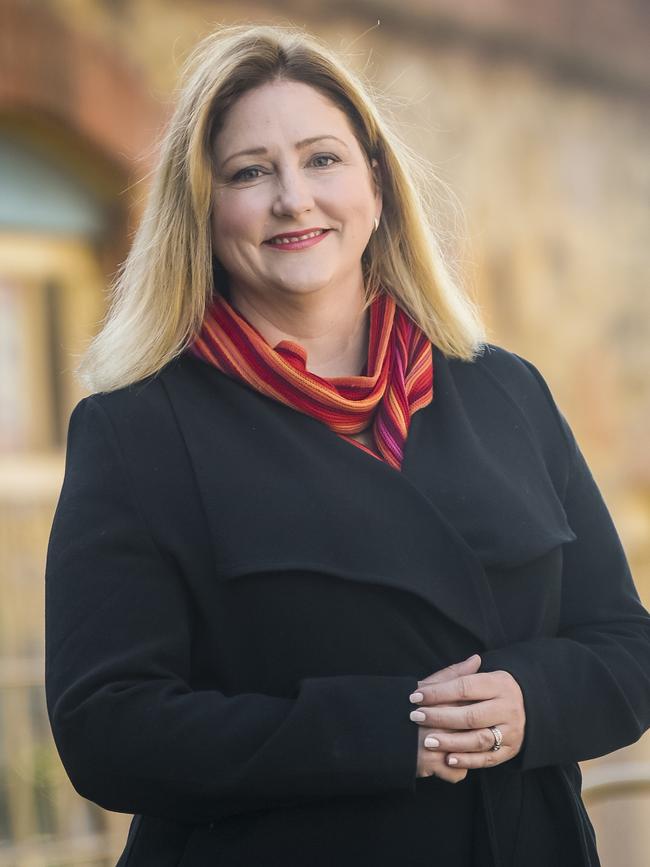
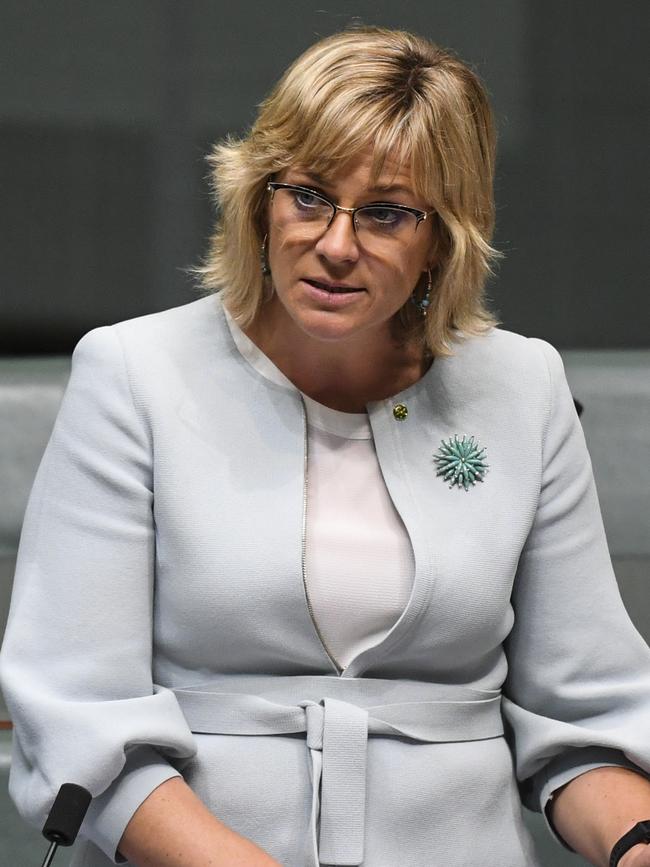
It is expected that Steggall will be re-elected in Warringah. It is also expected that Andrew Wilkie (Clark), Helen Haines (Indi), Rebekha Sharkie (Mayo), Bob Katter (Kennedy) and Adam Bandt (Melbourne) will retain their seats. Wilkie and Bandt certainly would support a minority Labor government, but the others are less certain.
It is possible some of the other independent candidates targeting Liberal-held seats such as Wentworth, North Sydney and Mackellar in NSW and Kooyong, Goldstein and Flinders in Victoria could win. They are gaining a lot of media attention with their critique of the Coalition’s climate change policies and calls for an integrity commission along with higher standards in politics.
These independents are essentially a new political party with the same priority issues, campaign strategies and messaging. Many of the candidates and their teams have past ties to Labor. But they are campaigning as disaffected Liberals eager to peel off voters who do not want to vote Labor. They are bankrolled by Simon Holmes a Court’s shadowy Climate 200 organisation.
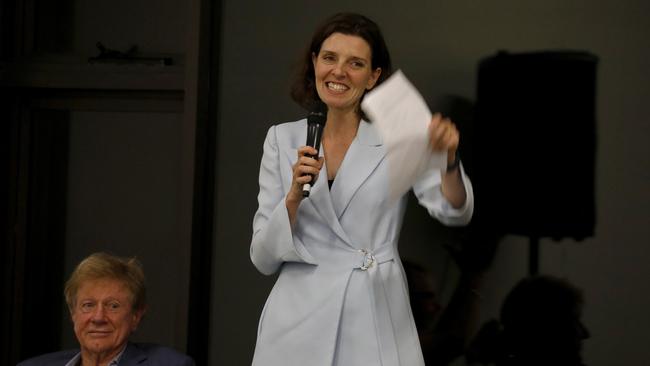
I suspect none of these new independents will snatch a seat from the Liberals, but I would not rule it out. Independents typically win seats when a long-term incumbent retires or there is a change of government. The independent candidates that are successful have long-established roots in their community and enjoy a high profile. Very few independent candidates win seats from the major parties.
But that still leaves a group of effective independents and minor party MPs in parliament who could find themselves holding the balance of power: Steggall, Haines, Sharkie, Katter, Wilkie and Bandt. While Clive Palmer is spending a reported $100m in campaigning, it is almost certain that none of his United Australia Party candidates will win a House of Representatives seat.
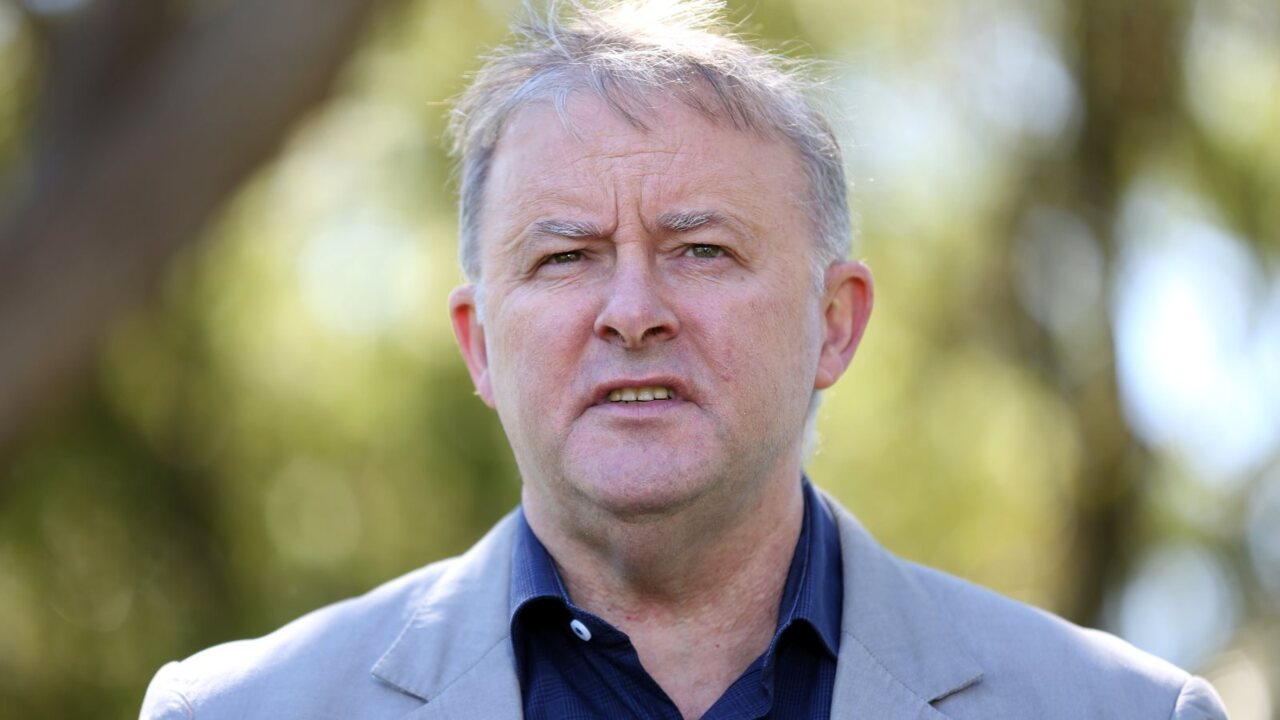
The lessons from the last minority parliament (2010-13) are instructive. Tony Windsor and Rob Oakeshott ensured Labor, led by Julia Gillard, remained in government. They did not recontest their seats, both of which were regained by the Nationals. Oakeshott has tried to return to parliament, standing at the 2016 and 2019 elections, and predictably failed.
Wilkie and Bandt, holding former Labor seats, would see little risk supporting a minority Labor government. But the danger for Steggall, Haines and Sharkie is that they face a backlash from their voters for supporting Labor. Their mostly conservative constituents would never vote in a Labor MP. Katter’s seat of Kennedy has had Labor and Nationals MPs, including his father. Katter could go either way.
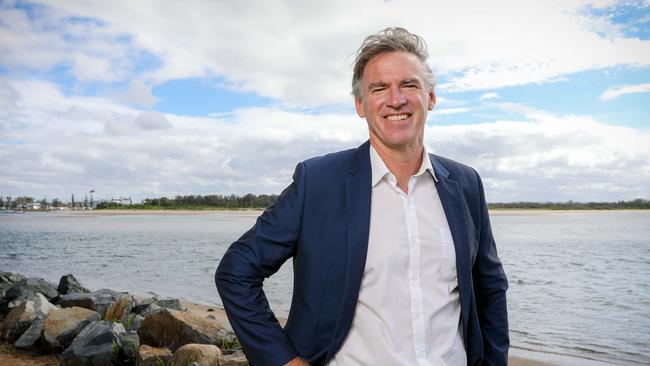
In 1922, the minor parties and independents stole attention from Labor. It was an election the opposition was widely expected to win. Labor leader Matthew Charlton, like Anthony Albanese, tried to move the ALP back to the middle ground. He was confident of victory. But he got sick during the campaign and was hospitalised.
The result was the Nationalists lost 11 seats but Labor picked up only three additional seats. The Country Party also gained three seats and the Liberal Union Party won five seats. This put Country Party leader Earle Page, with his party holding the balance of power, in a kingmaking position. Page insisted that Hughes resign, and eventually he did.
So, will the election of 1922 echo in 2022? Of course, the Coalition might squeak home with a majority of seats or Labor might win its own majority. If so, the independents and minor parties will be bit players in the 47th parliament. But if it is a minority parliament, expect the same ruthlessness Page showed, and relished, a century ago.




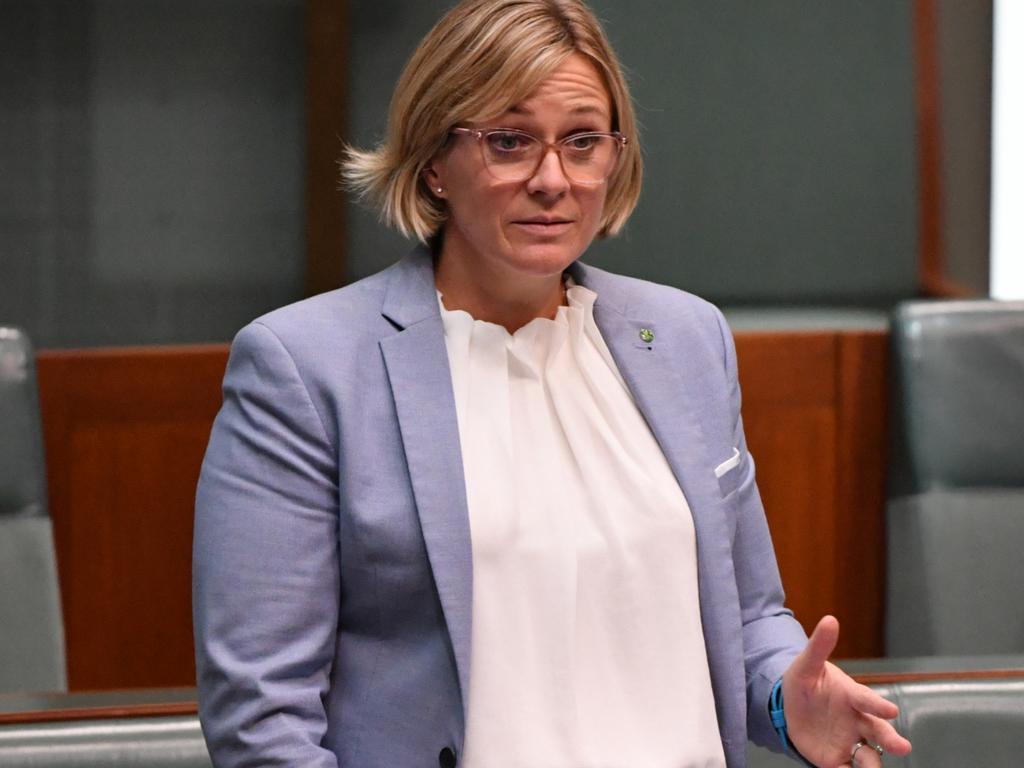
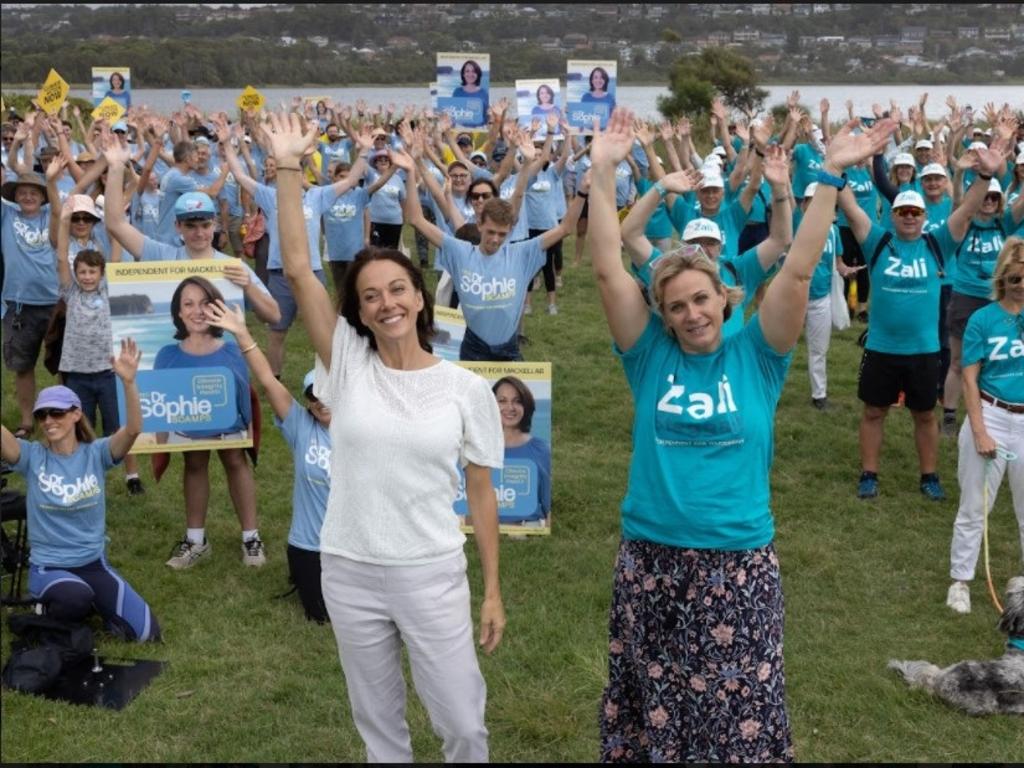


Imagine that at the election after the pandemic the government loses its parliamentary majority but the opposition cannot form a government. The crossbench, however, is prepared to support the conservative party remaining in power provided a new prime minister is chosen.